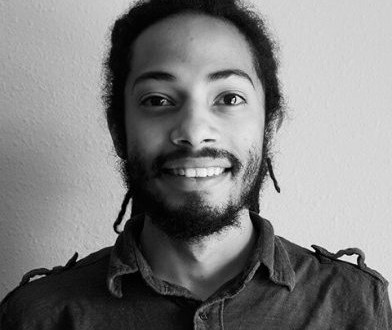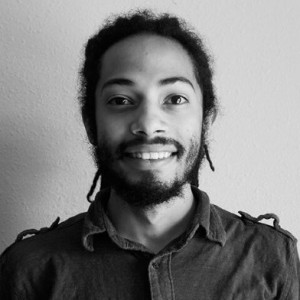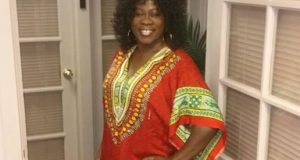By Zachary Toliver
Somewhere along the line, while getting through this thing called life, I came across these words by the late, great Maya Angelou and turned them into a personal mantra: “I did then what I knew how to do. Now that I know better, I do better.”
I’ve relied heavily on this quote for personal development. It’s helped me choose where to spend my money and how to treat other human beings, and yes, practicing these words has a lot to do with why I’m vegan. Once I understood that just like humans, chickens, pigs, cows and all other animals feel pain, experience fear and value their own lives, I banned dead animal parts from my life. I knew better, so—for animals—I did better.
However, black vegans certainly “do better” for more than animals. No matter if I’m recognizing Black History Month, an ordinary April or even National Doughnut Day, I understand that I’m only here because of my ancestors and the struggles they endured—and I owe every one of them my best, to honor their legacies.
Right now, America in general, but African Americans in particular, face a health crisis. According to the American Heart Association, Black Americans are disproportionately affected by obesity and more likely to have diabetes than their white counterparts. The Centers for Disease Control and Prevention states that African Americans have nearly double the risk of dying early from heart disease and strokes as whites.
These aren’t arbitrary statistics. My own father—who eats a stacked plate of ribs for a meal— struggles with diabetes. Most people can hardly understand my grandmother when she speaks due to multiple strokes. My uncle Harrison prided himself on his signature mustard and collard greens with ham hock, and he also died of heart disease. These are all links in my ancestral lineage ravaged by an unhealthy diet.
It’s a shame when folks mistake slave food for soul food. “Foods” like chitlins (animal intestines) or hog maw (pig stomach), lard and pigs’ feet harm our bodies. Our enslaved ancestors had to consume these disgusting body parts to survive horrifying atrocities and in no way could they “do better.” Here in the 21st century, however, there’s zero excuse. Consuming sickness and filth is not our true heritage and should not represent blackness.
These types of culinary dishes—which were given to us as scraps by our oppressors and later hijacked African-American culture—kill us. So I do better. A vegan diet reduces the risks of heart disease, obesity, strokes and diabetes. And trust me, vegan soul food is alive and well. I still eat greens, fried “chicken,” gumbo and sweet potato pie just like I did growing up. We can still have all the flavors we crave without the death, suffering and disease that come with eating animals.
Living as a black vegan is a practice in “sankofa”—a traditional West African term that reminds us to learn from our roots in order to move forward. For this Black History Month—and beyond—if we really want to honor our brothers and sisters, we must strive to be our healthiest, greatest, most compassionate selves.
Zachary Toliver is an online news content producer for People for the Ethical Treatment of Animals (PETA), 501 Front St., Norfolk, VA 23510; www.PETA.org.
 Westside Story Newspaper – Online The News of The Empire – Sharing the Quest for Excellence
Westside Story Newspaper – Online The News of The Empire – Sharing the Quest for Excellence





